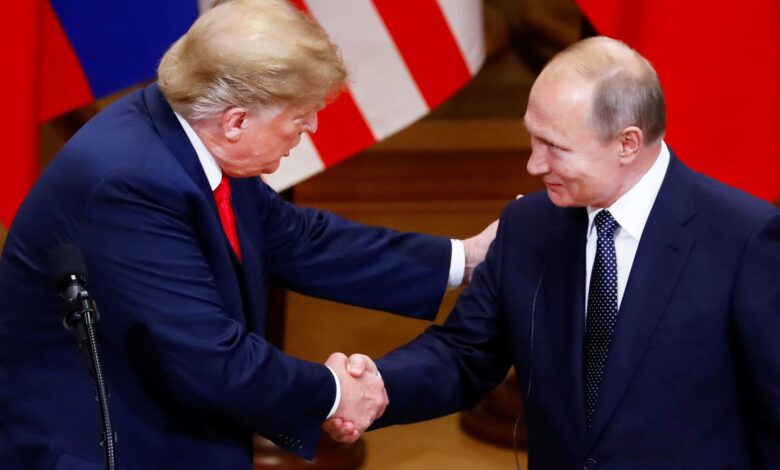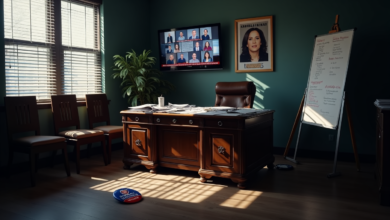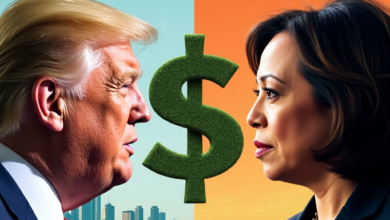
Russian President Vladimir Putin praised Donald Trump on winning the election and expressed admiration for the former US president’s “courage” during the campaign. This gesture marks a defining moment in US-Russia relations as global tensions continue to rise. Political observers worldwide have taken note of the Russian leader’s support for Trump’s approach.
Putin’s message to Trump reveals the complex dynamics between these two nations. Political analysts are closely watching how this relationship might evolve. World leaders have responded differently to Trump’s victory. Many diplomatic circles continue to debate Trump’s earlier comments about the Russia-Ukraine conflict and how his views might shape international diplomacy.
Putin’s Praise for Trump’s Courage
The Russian leader spoke at the Valdai discussion club in Sochi and praised Trump’s response to an assassination attempt during a campaign rally in Butler, Pennsylvania last July. “He turned out to be a courageous person,” Putin said while describing Trump’s behavior during the whole ordeal.
People show who they are in extraordinary circumstances. This is where a person reveals himself. And he showed himself, in my opinion, in a very correct manner, courageously. Like a man.
Putin’s remarks at the international forum went beyond simple praise. He pointed out that Trump had been “hounded from all sides” throughout the campaign. Trump’s composure during the assassination attempt left a strong impression on Putin’s mind.
The Russian president showed his willingness to open dialog with the president-elect. He noted how other world leaders who used to call Trump weekly had now stepped away. Putin also found Trump’s perspective on the Ukrainian crisis interesting and believed it deserved careful consideration.
Trump’s Stance on Russia-Ukraine Conflict
The president-elect stands firm on his claim that he could end the Russia-Ukraine conflict within 24 hours after taking office. The specifics of his plan remain under wraps. “I have a very exacting plan on how to stop Ukraine and Russia,” Trump declared in September, but added he couldn’t reveal the details to retain control of negotiations.
Trump’s transition team now evaluates several proposals to resolve the conflict. Their blueprint includes these key elements:
- A freeze on conflict at current front lines
- An 800-mile demilitarized zone
- Ukraine’s temporary pause on NATO membership goals
- Weapon supply continuity to prevent future Russian attacks
His team’s opinions split on the strategy. Some advisers want a settlement that doesn’t appear to favor Moscow. Others push for quick results whatever concessions Kyiv must make. Trump’s earlier policy moves included Ukraine’s Javelin anti-tank systems supply in 2019. Analysts point out this decision stemmed from domestic political factors rather than genuine support for Ukraine.
The president-elect believes Putin would have stayed out of Ukraine had he remained in power. He points to what he calls the Russian leader’s “respect” for his leadership style. “If we had a real president, a president that was respected by Putin… he would have never invaded Ukraine,” Trump stated during his campaign.
Reactions from World Leaders
European leaders were quick to react to Trump’s election victory. They gathered to discuss what this means for global security. French President Emmanuel Macron described it as a “historic” and “decisive moment” for Europe. He stressed that Europe cannot “delegate forever our security to America.”
European leaders’ immediate priorities include:
- Building independent defense capabilities
- Supporting Ukraine
- Creating a unified European security strategy
- Raising military spending to 3% by 2028
NATO Secretary General Mark Rutte took a diplomatic approach. He stated that “Trump’s leadership will again be key to keeping our Alliance strong.” He pointed out that all but one of NATO’s allies now meet the 2% GDP defense spending target – addressing Trump’s main criticism.
Ukrainian President Volodymyr Zelenskyy congratulated Trump but worried about quick conflict resolution plans. “If it is going to be very fast, it will be a loss for Ukraine,” Zelenskyy warned, referring to Trump’s promise to end the war within 24 hours.
European Commission chief Ursula von der Leyen emphasized Ukraine’s support matters. She declared that “it is in all our interests that the autocrats of this world get a very clear message that there is not the right of might.” European leaders now seek meetings with the president-elect. Some plan visits to Mar-a-Lago before January’s inauguration.
Future of US-Russia Relations
Experts see a complex rise in US-Russia relations after Trump’s win. Alexandra Filippenko, who specializes in American politics, believes bilateral ties could see the most important changes. These relations have hit their lowest point since the Cold War. Yet analysts warn not to expect quick improvements or an immediate “reset.”
Both nations have outlined their diplomatic priorities:
- Resuming high-level strategic dialog
- Addressing core security concerns
- Managing competition in cyberspace
- Preventing military confrontation
- Cooperating on shared regional threats
“Russia didn’t ruin relations with the US and is open to reviving them, but the ball is in the Americans’ court,” Putin stressed in his recent address. Experts point out that deep challenges remain, especially when you have Russia’s growing ties with China and ongoing global tensions.
The path forward depends on several factors. The Ukraine conflict’s resolution and NATO’s changing role in European security will shape future relations. Senior policy experts believe dramatic improvements won’t happen overnight. Still, both countries might find ways to work together on specific issues where their interests match. The Kremlin’s delay in naming a new ambassador to Washington shows they’re taking a measured approach. They seem to be waiting for real changes before making any big diplomatic moves.
Putin’s support for Trump represents a pivotal moment that shapes US-Russia relations and creates both opportunities and challenges. Trump’s courage earned Putin’s praise, which sparked diverse international reactions and altered the diplomatic map for the incoming administration. European leaders quickly responded and emphasized their need to build stronger independent defense capabilities as they saw potential changes in transatlantic partnerships.
US-Russia relations now hang in a delicate balance between what’s possible and what’s practical. Putin shows he’s ready to talk while Trump promises to resolve conflicts quickly. Yet major obstacles remain through Russia’s partnership with China and worldwide tensions. Both nations must deal with their core security concerns and manage their rivalry in crucial areas like cybersecurity and regional stability to rebuild diplomatic connections successfully.





